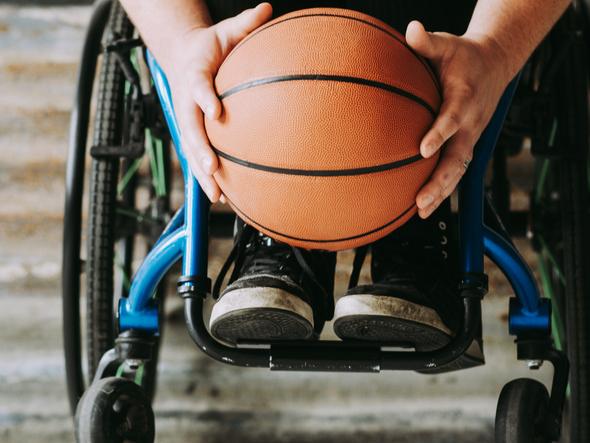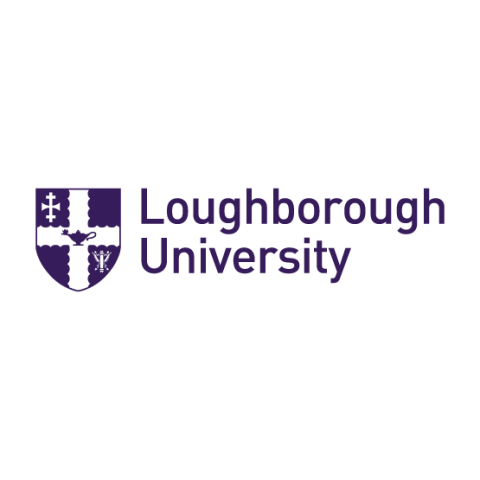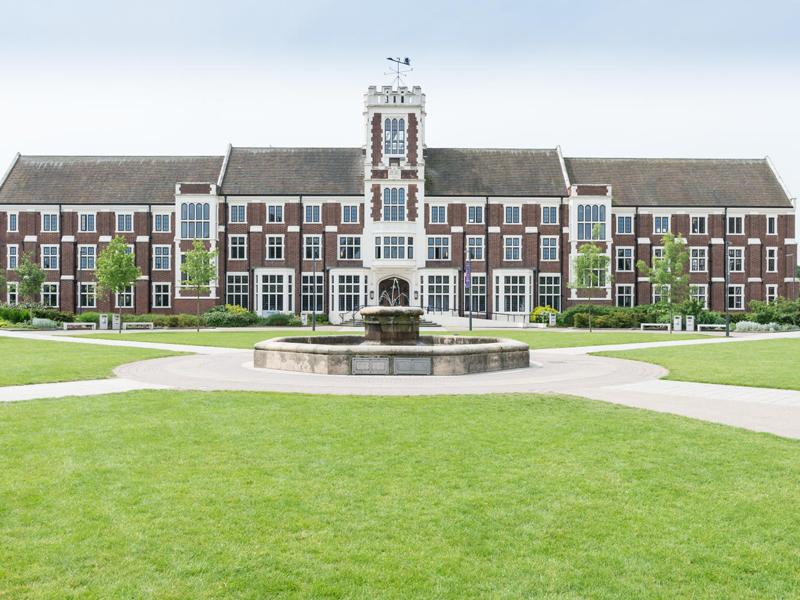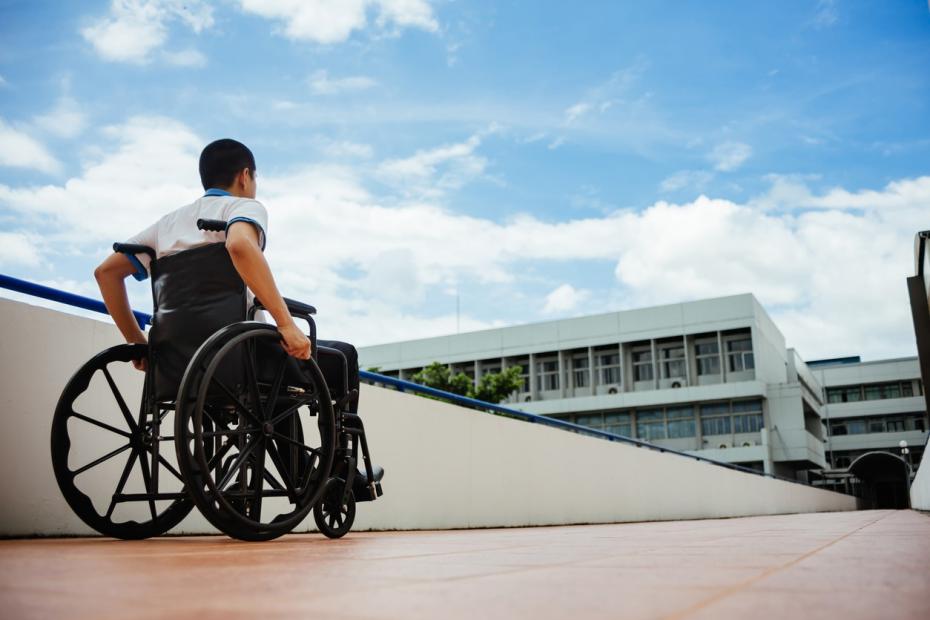
Address the lack of research in Para sport by embedding students in doctoral programmes
You may also like
There is a comparative lack of research around the health, well-being and performance of Para athletes. Our unique approach to doctoral studies addresses this paucity by preparing students for successful careers in Para sport, as well as across disability health and well-being professions worldwide.
The Embedded Scientist Approach (ESA) to doctoral supervision that I’ve developed immerses students within a sport national governing body (NGB) to work as an expert in their specific field within Para sport.
Each opportunity is typically matched-funded by the host NGB, the Engineering and Physical Sciences Research Council (EPSRC) or UK Sport Institute (UKSI). Over the years, I’ve worked hard to establish strong relationships with these organisations, and each new doctoral programme is an opportunity to further cement these partnerships.
- Where are the leaders with a disability in higher education?
- Making sport accessible to everyone on campus
- What I’ve learned from a decade of working with a disability in academia
Once the student is in situ, my role is to nurture the relationship – ensuring that the student is equipped to meet the challenge of their research programme while delivering real value to their host, often beyond their doctoral remit.
Recruiting the right student, matching them with a suitable host and managing expectations on both sides are critical to the approach’s success.
If you’re interested in adopting the ESA, here are some important lessons I’ve learned that you might find useful.
The value of positive action recruitment
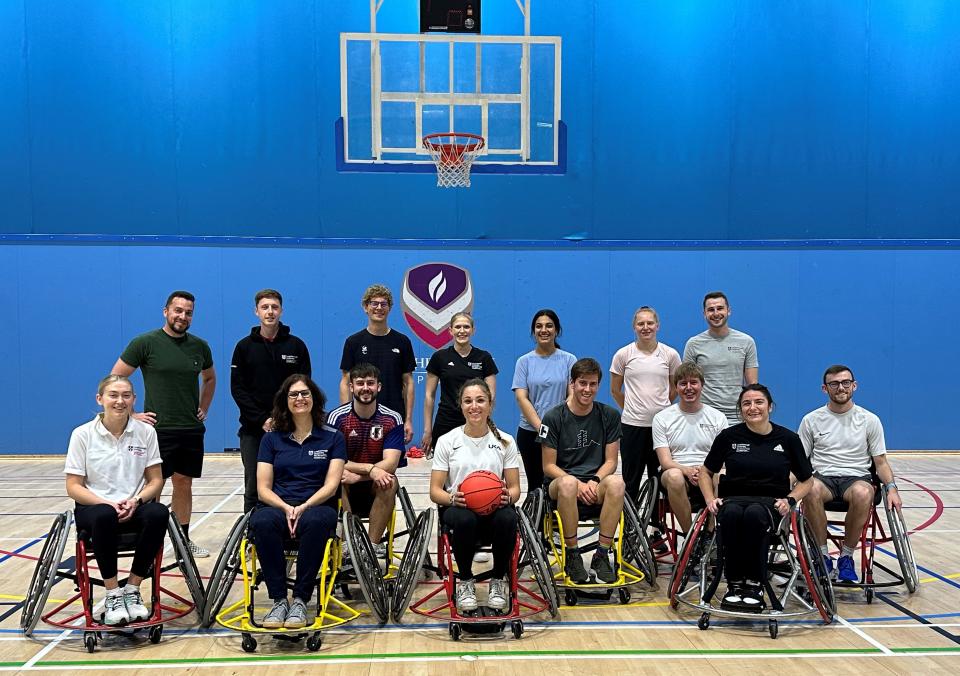
Obviously, I aim to recruit students with a strong academic background. However, previous experience within the sporting arena – for example, as an athlete – is equally important.
It makes them better able to implement their knowledge and expertise in a practical manner within high-performance Para sport.
My positive recruitment of disabled students means that almost half of my current doctoral cohort have a physical or sensory disability. This far exceeds the demographic elsewhere across higher education.
The empathy and insight that they’ve gained via lived experience uniquely place them to lead research in this area – and they commonly have an acutely pertinent issue they’d like to pursue as their thesis. This is hugely motivating for them – and frequently opens novel areas of research.
To support them, I work hard to eliminate the barriers to their success, ensuring that their workstations, work patterns and Loughborough University’s Peter Harrison Centre for Disability Sport (PHC) meet their accessibility needs. Their accommodation and social activities also need consideration, as does the environment at their host organisation.
However, this effort pays dividends. The new knowledge students generate is invaluable and game-changing.
Access to first-class facilities and training
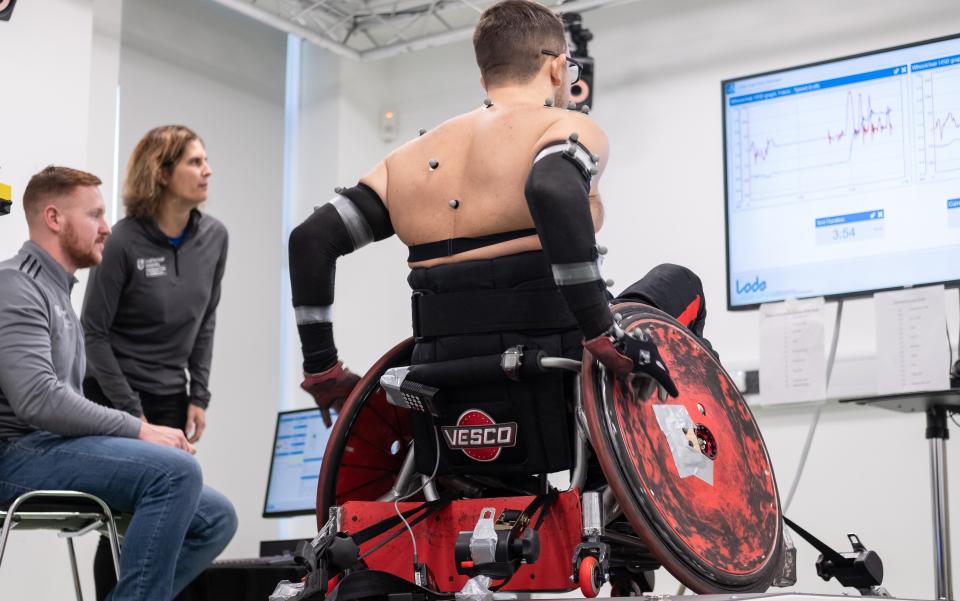
Throughout their doctoral studies, students have access to the PHC’s research facilities as well as the expertise we can offer them. Alongside the resources, practitioners and athletes at their host organisation, this ensures that they have the best tools available to advance their research.
Where their research requires specialist skills or knowledge, I mine my global network to secure the best training possible, either in the UK or at the expert’s facilities.
For example, in January 2024, Fransiska Bossuyt of ETH Zurich visited the university to upskill students in the use of ultrasound equipment to assess shoulder health in wheelchair rugby players.
What the students subsequently discovered underpins an international collaboration and is enhancing global understanding of athlete performance, injury risks and shoulder tendon adaptations.
Road to the Paralympics
This is an exciting element of the ESA that relies on the goodwill and trust of a longstanding research partner, the British Paralympic Association (BPA).
It comprises a series of workshops and our Para Sport Symposium – organised by the students for an international audience, with sessions delivered by partners, including the BPA and the International Paralympic Committee (IPC). The initiative culminates with the students heading to the Games as part of a Paralympics GB team, including GB Wheelchair Rugby and British Wheelchair Basketball.
This amazing opportunity for students to gain invaluable experience of the elite, multi-sport Para environment is possible only because of the hard work of my campus colleagues alongside the dedicated staff at the BPA – which is why nurturing my research partnerships is so very important to me.
Managing and balancing expectations
The ESA exposes students to a wide range of stakeholders with diverse expectations, perhaps more than a conventional doctoral programme.
It’s essential to balance the expectations of the research community, student and host. While I’m looking for research publications and conference presentations to evidence new knowledge, it’s equally important to generate practical translational intelligence to enhance athlete performance and well-being.
From the outset, to maintain good working relationships, I clearly define deliverables – what the stakeholder can hope to receive from the student. For example, supporting training sessions alongside performance reports for coaches and athletes can really boost stakeholder rapport.
That said, the student will likely need training around effective time management and prioritisation to balance this activity with their doctoral research.
Adopt an adaptive mindset
Applied sport environments are fast-paced and ever changing, even before you factor in the above pull of expectations. You need to be flexible and adaptable and possess an agile mindset.
Combining the rigours of doctoral studies with the demands of applied work is challenging, but anticipating setbacks and addressing them – without panic – is crucial.
So I coach my students to adjust their approach when circumstances demand, even if it means revising their research plans.
Measuring the ESA’s success
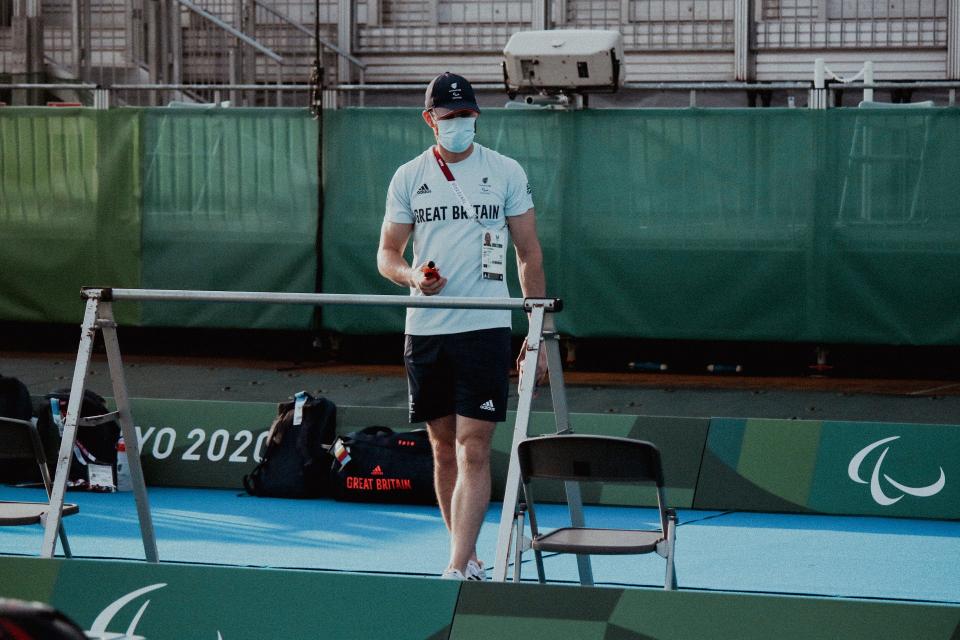
I’m inordinately proud of my students and alumni. Each has risen to the unique challenges of the ESA, undertaking research of the highest calibre while delivering above and beyond for their host organisation.
They’ve added to our collective understanding of the key questions around Para athlete well-being, training and performance.
Many are now employed with their former doctoral host or a similar organisation. In fact, about 20 per cent of the Paris 2024 Paralympic Leadership Team were PHC alumni. Others have roles with ParalympicsGB, GB Wheelchair Rugby, British Wheelchair Basketball, British Para Cycling, British Paratriathlon and UK Athletics.
Their achievements are a reflection of their own determination and ability – as well as the generosity of my partners across the sector, to whom I’m hugely grateful.
Vicky Goosey-Tolfrey is professor of applied disability and Para sport and director of the Peter Harrison Centre for Disability Sport at Loughborough University. She has been shortlisted in the Outstanding Research Supervisor of the Year category in the 2024 THE Awards. A full list of nominees can be found here. The awards will be presented at a ceremony in Birmingham on 28 November 2024.
If you would like advice and insight from academics and university staff delivered direct to your inbox each week, sign up for the Campus newsletter.
